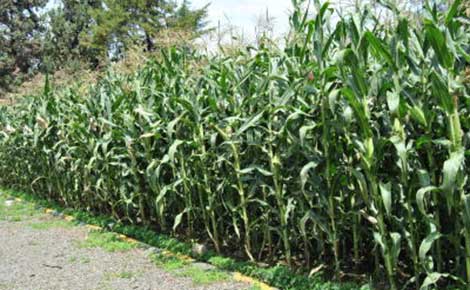×
The Standard e-Paper
Join Thousands Daily

Kenya is a green land. The first thing which strikes foreign visitors when they land in the capital is just how lush the flora is. You go for a walk in Karura Forest and you are surrounded by sumptuous shades of green, splendid trees of every shape and size; all basking in the glory of our fertile lands, and favourable climate.
However, when drought hits, it hits hard. It punishes agriculturalists; it punishes our nation. The lush green of our forests is worthless when our farmers’ crops fail.